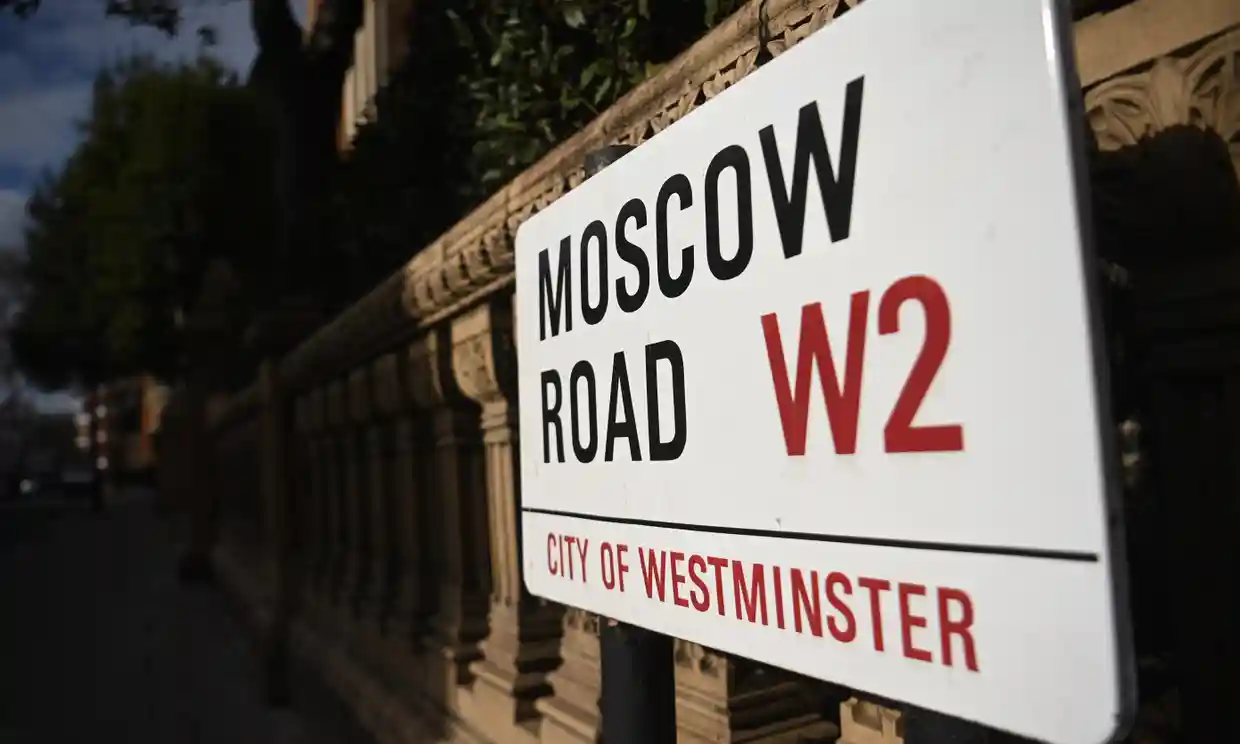LONDON, (Parliament Politics Magazine) – New demands have been made on the government to uncover the identities of eight sanctioned Russian oligarchs who were given “golden visas” to settle in the UK.
Stephen Kinnock, the shadow immigration minister, is asking that Priti Patel, the home secretary, name the eight Russians on the sanctions list and release a long-held report on the now scrapped visa buying scheme.
As diplomatic relations with Russia deteriorated, the government shut down the “tier 1 investor visa” programme in February. A week after that, Russia invaded Ukraine, causing the United States, the European Union, and the United Kingdom to impose sanctions on many of Russia’s wealthiest individuals in an attempt to put pressure on Putin’s leadership.
The billionaire owner of Chelsea FC, Roman Abramovich; the steel and mining magnate described by the EU as one of Putin’s “favourite oligarchs” Alisher Usmanov, ; and Andrey Guryev Jr, whose family reportedly owns Witanhurst, a mansion in Highgate, north London, which is London’s second largest home after Buckingham Palace, are among those on the sanctions list.
Critics had warned for a long time that the golden visa scheme, which allowed the ultra-wealthy to basically buy the privilege to live in the UK, was vulnerable to misuse. People with at least £2 million in investment capital and a UK bank account might apply for residency privileges for themselves and their families under the scheme.
Last month, the Home Office said that a 2018 report on golden visas would be published, covering the time from their introduction in 2008 by the Labour government until 2015. The government has not specified a timeframe for doing so.
During that time, few, if any, background checks were conducted on applicants, creating a “red carpet for dirty money,” according to the campaign group Spotlight on Corruption. During that time, almost 3,000 millionaires purchased visas, with over 700 of them being Russians.
By failing to be forthright about the contents of the study, the government was likely to generate public mistrust, and that would erode trust in government and politics more widely, Kinnock wrote in a letter to Patel seen by the Guardian.
It was not enough that the scheme had been shut down and a limited number of oligarchs had been sanctioned; politicians and the general public must be able to comprehend the report’s findings and learn the lessons, he added.
The scheme’s cancellation in February was widely applauded, while MPs have highlighted security worries about those who were granted visas. Last year, Spotlight on Corruption reported that 6,312 golden visas were being investigated for possible national security issues, accounting about half of all such visas ever given.
Following Russia’s illegal invasion of Ukraine, the government responded immediately to sanction anyone related to the Putin regime, ensuring that his allies did not have a safe haven for hiding their dirty money in the UK, the Home Office said.
The New Economic Act, which received royal assent after an expedited passage through parliament, contained a package of measures aimed at imposing tougher sanctions on those who facilitate illicit finance in the UK, as well as giving law enforcement the authority to investigate entities that do not comply. A new register of overseas corporations created by the Act also required faceless foreign companies with UK property to divulge their identities, they stated.
Image via The Guardian






